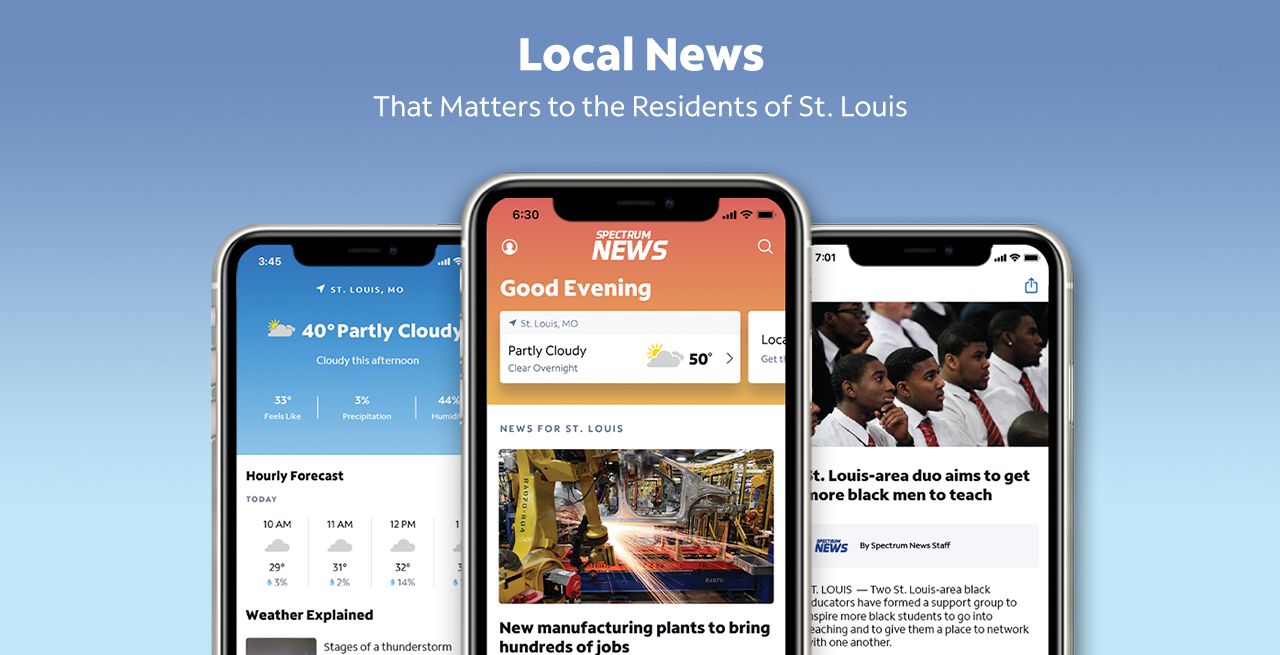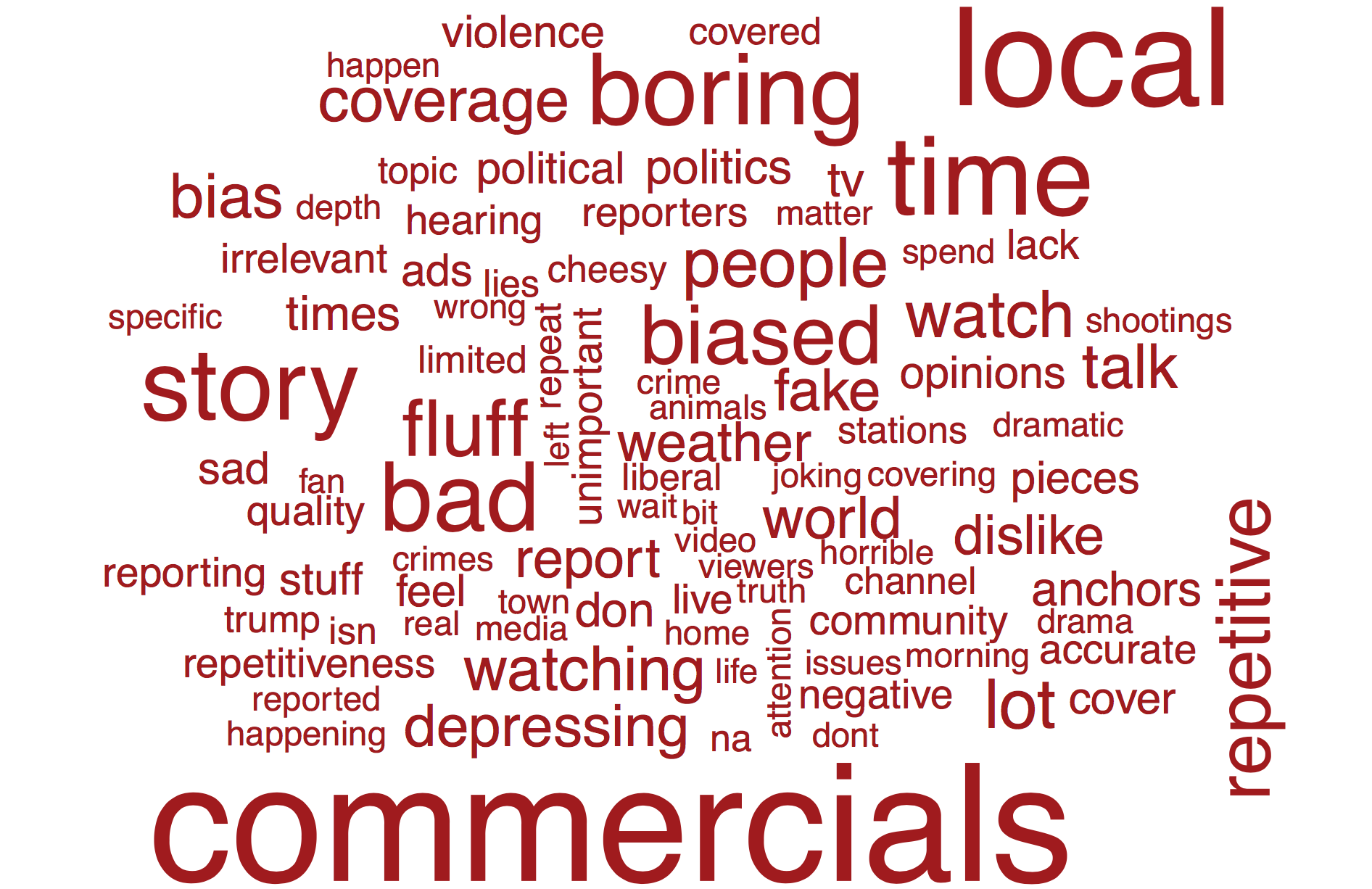The Best Strategy To Use For Local News Online
The Best Strategy To Use For Local News Online
Blog Article
The 4-Minute Rule for Local News Online
Table of ContentsWhat Does Local News Online Do?Local News Online Can Be Fun For EveryoneLittle Known Questions About Local News Online.The 6-Second Trick For Local News OnlineLocal News Online Fundamentals ExplainedAll about Local News Online
The number of times a short article obtains shared on matters for protestors, politicians, authors, online-publishers and advertisers. They therefore have a passion in understanding the variety of shares, ideally also predicting it before the write-up is being published. With new techniques of such as it is possible to acquire understandings right into the core characteristics of an article.The features are composed of variables explaining words, links, electronic media, time, key words, insights from and the number of article shares. With the dataset being publicly available, a fair amount of data evaluation has been carried out.
One "category analysis". 30 November 2020. made use of machine learning techniques, specifically,,, and to forecast the leading ten percent most frequently shared write-ups. The final thought is, that the ordinary keywords within an article and the typical popularity of claimed key phrases have the best influence on the quantity of shares a write-up obtains.

6 Easy Facts About Local News Online Described
Archived from the initial on Sep 28, 2007. Andersen, Kurt (15 February 2007). "You Should Be Streaming". NYMag. Archived from the initial on Nov 29, 2023. Silberman, Steve (17 March 1997). Wired. Archived from the original on Apr 29, 2023. Shedden, David (2004-12-16). "New Media Timeline (1980 )". Poynter. Archived from the original on Feb 3, 2024.
BBC Information. Seat Research Center's Journalism Task. Reuters Institute Digital News Report 2013.
This year's report comes in the middle of an international health and wellness pandemic that is extraordinary in modern-day times and whose financial, political, and social effects are still unraveling. The severity of this dilemma has actually strengthened the demand for trusted, precise journalism that can inform and enlighten populations, yet it has likewise reminded us just how open we have come to be to conspiracy theories and misinformation.

Local News Online for Beginners
Journalism matters and is in demand again. One trouble for publishers is that this added interest is creating even less earnings as advertisers support for an unavoidable economic downturn and print revenue dips. Versus this background it is most likely we'll see an additional drive in the direction of digital registration and other viewers repayment versions which have shown significant guarantee in check my site the last couple of years.
At the same time, making use of online and social networks significantly enhanced in a lot of nations. WhatsApp saw the largest development as a whole with boosts of around 10 portion factors in some nations, while majority of those evaluated (51%) made use of some type of open or shut on the internet team to attach, share details, or participate in a regional assistance network.
Media count on was even more than twice the degree for social networks, video clip systems, or messaging services when it came to info concerning COVID-19. From our larger dataset gathered in January: Worldwide worries regarding misinformation stay high. Also before the coronavirus crisis hit, more than fifty percent of our global example claimed they were concerned concerning what holds true or false on the web when it concerns news.
All About Local News Online
In our January poll throughout nations, much less than four in ten (38%) stated they trust most news the majority of the moment an autumn of 4 percent factors from 2019. Less than half (46%) claimed they trust the news they use read here themselves. Political polarisation linked to rising uncertainty seems to have actually undermined rely on public broadcasters in certain, which are shedding support from political partisans from both the right and the left.
Partisan choices have actually a little boosted in the USA since we last asked this question in 2013 however even right here a quiet bulk appears to be trying to find news that at the very least tries to be unbiased. As the news media adapt to changing designs of political interaction, most individuals (52%) would choose them to plainly report false statements from political leaders instead of not emphasise them (29%).
We have seen considerable rises in repayment for on-line information in a number of nations consisting of the USA 20% (+4) and Norway 42% (+8 ), with smaller sized increases in a view website variety of various other markets. It is essential to keep in mind that throughout all countries most individuals are still not spending for on-line information, also if some authors have actually given that reported a 'coronavirus bump'.
The Only Guide for Local News Online
Customers believe they are obtaining much better details. A huge number of individuals are perfectly material with the information they can access for totally free and we observe an extremely high proportion of non-subscribers (40% in the United States and 50% in the UK) that claim that absolutely nothing could persuade them to pay.
Accessibility to information remains to become more distributed (Local News Online). Throughout all countries, simply over a quarter (28%) favor to start their information journeys with a website or app. Those aged 1824 (so-called Generation Z) have an even weak connection with websites and applications and are more than twice as likely to like to gain access to news via social networks
To counter the step to different systems, publishers have been aiming to construct straight links with consumers using e-mail and mobile informs. In the United States one in five (21%) access a news e-mail weekly, and for practically half of these it is their main method of accessing news. North European nations have actually been a lot slower to embrace email news channels, with only 10% using email news in Finland.
Report this page